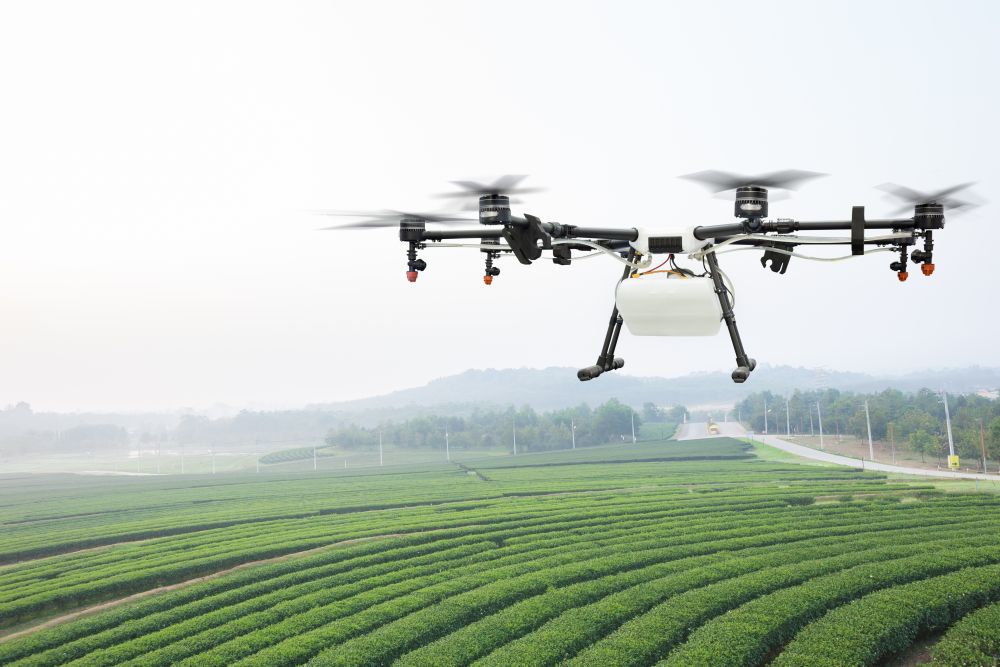In the face of global challenges such as population growth, climate change, and resource scarcity, modern agriculture is undergoing a profound transformation driven by innovations and new farming practices. The traditional image of a farmer tilling the soil with a plow has evolved into a technologically advanced and sustainable industry. This article delves into the dynamic world of modern agriculture (เกษตรยุคใหม่), highlighting the innovative approaches and emerging trends that are shaping the future of agriculture.
Precision Agriculture:
Precision agriculture is revolutionizing the way crops are grown by harnessing technology to optimize resource use and increase yields. Global Positioning System (GPS) technology, sensors, drones, and satellite imagery are used to monitor and manage fields with unprecedented precision. Farmers can analyze data on soil moisture, nutrient levels, and plant health in real time, allowing for targeted applications of water, fertilizers, and pesticides. This not only improves crop yields but also minimizes waste, reduces environmental impact, and enhances sustainability.
Vertical Farming and Controlled Environment Agriculture:
Urbanization and limited arable land are driving the rise of vertical farming and controlled environment agriculture. These practices involve cultivating crops indoors, often in stacked layers, under controlled conditions. LED lighting, hydroponic or aeroponic systems, and precise climate control enable year-round cultivation in urban settings. Vertical farming reduces the need for land and conserves water, while also eliminating the challenges of weather-related crop losses.
Regenerative Agriculture:
Regenerative agriculture is gaining momentum as a response to concerns about soil health and carbon sequestration. This approach focuses on restoring soil health through practices such as cover cropping, reduced tillage, and rotational grazing. By rebuilding soil structure and enhancing its ability to retain water and nutrients, regenerative agriculture promotes biodiversity, improves resilience against climate extremes, and captures carbon dioxide from the atmosphere.
Digital Farming Platforms:
Digital farming platforms integrate data from various sources, including weather forecasts, soil analysis, and market trends, to provide farmers with actionable insights. These platforms enable data-driven decision-making, helping farmers optimize planting schedules, manage pest and disease outbreaks, and make informed choices about crop selection and rotation.
Biotechnology and Genetic Engineering:
Biotechnology and genetic engineering have enabled the development of genetically modified organisms (GMOs) that exhibit enhanced traits such as pest resistance, drought tolerance, and improved nutritional content. While controversial, these innovations have the potential to address food security challenges and reduce the need for harmful agricultural practices.
Blockchain and Supply Chain Transparency:
Blockchain technology is being adopted to enhance transparency and traceability in the agricultural supply chain. This technology allows consumers to verify the origin, production methods, and quality of the products they purchase, fostering trust and accountability throughout the food system.







